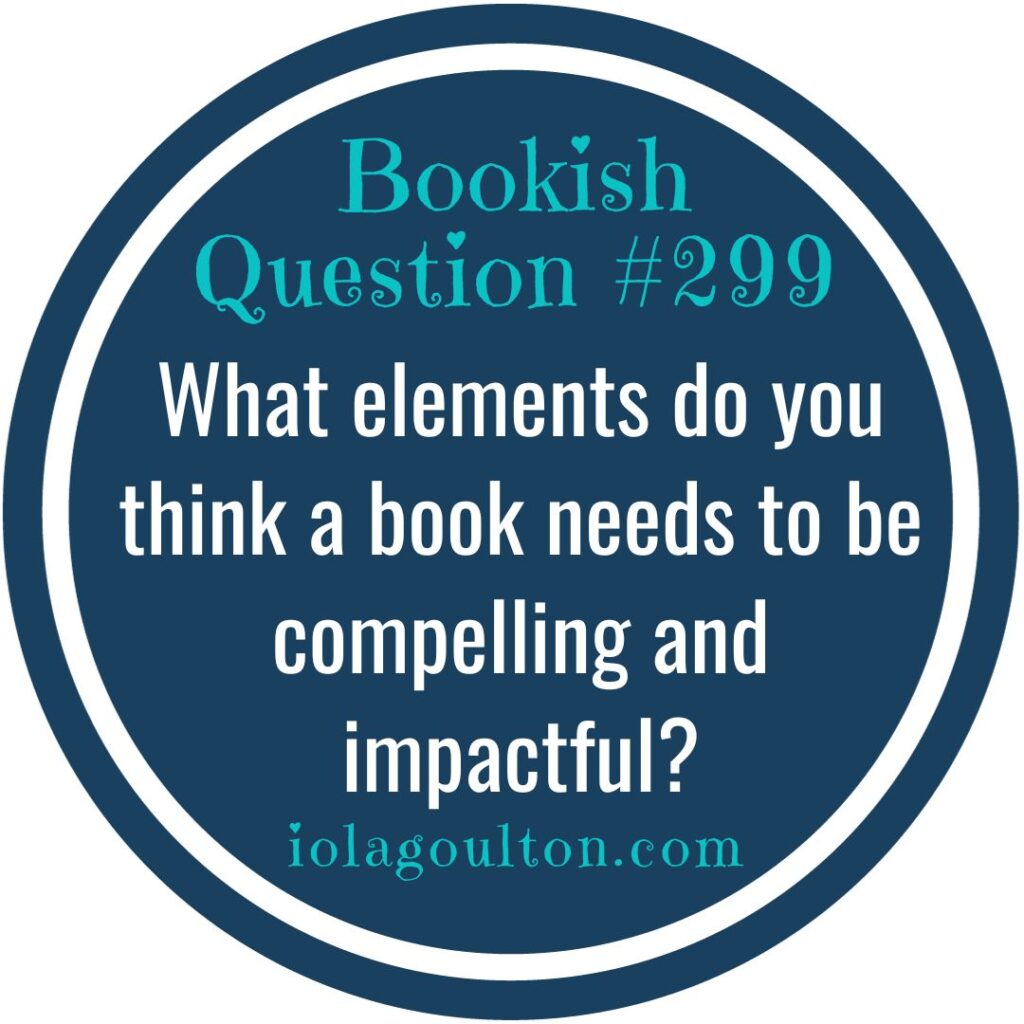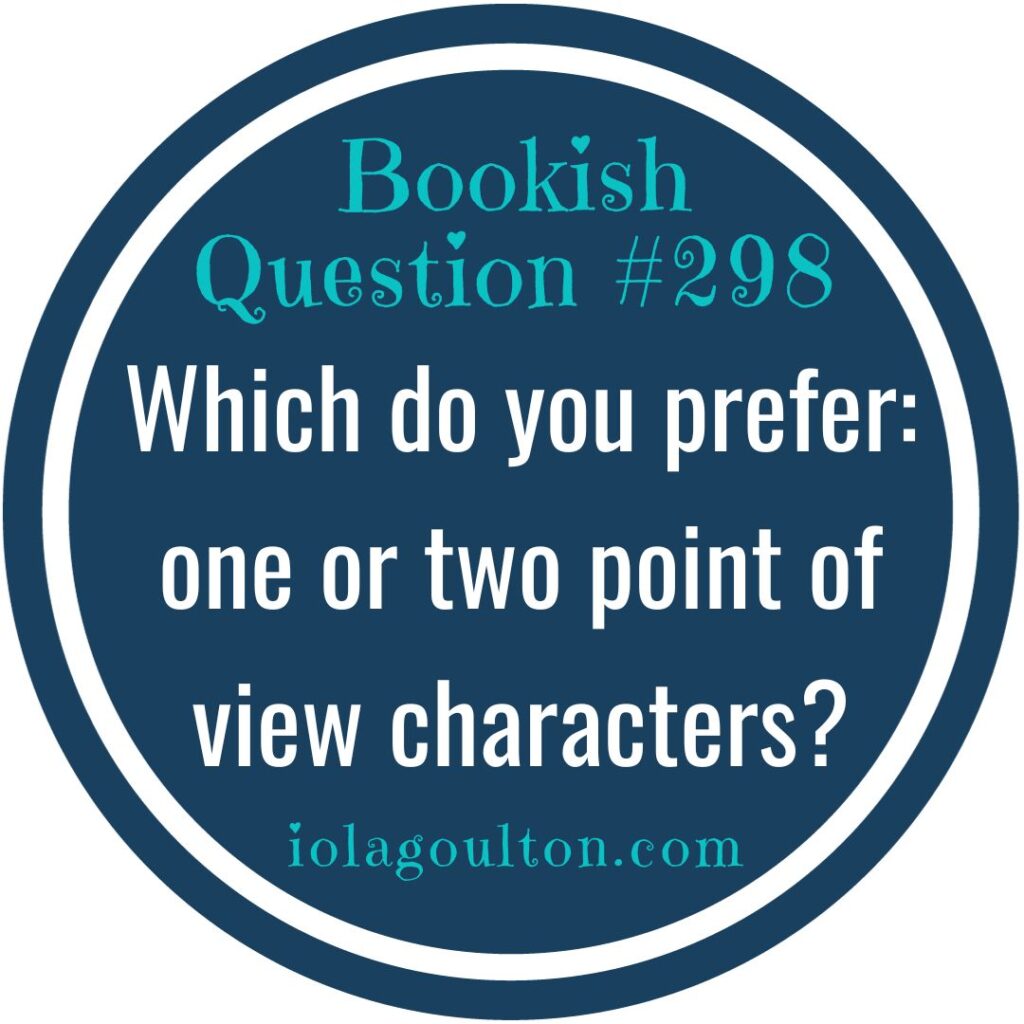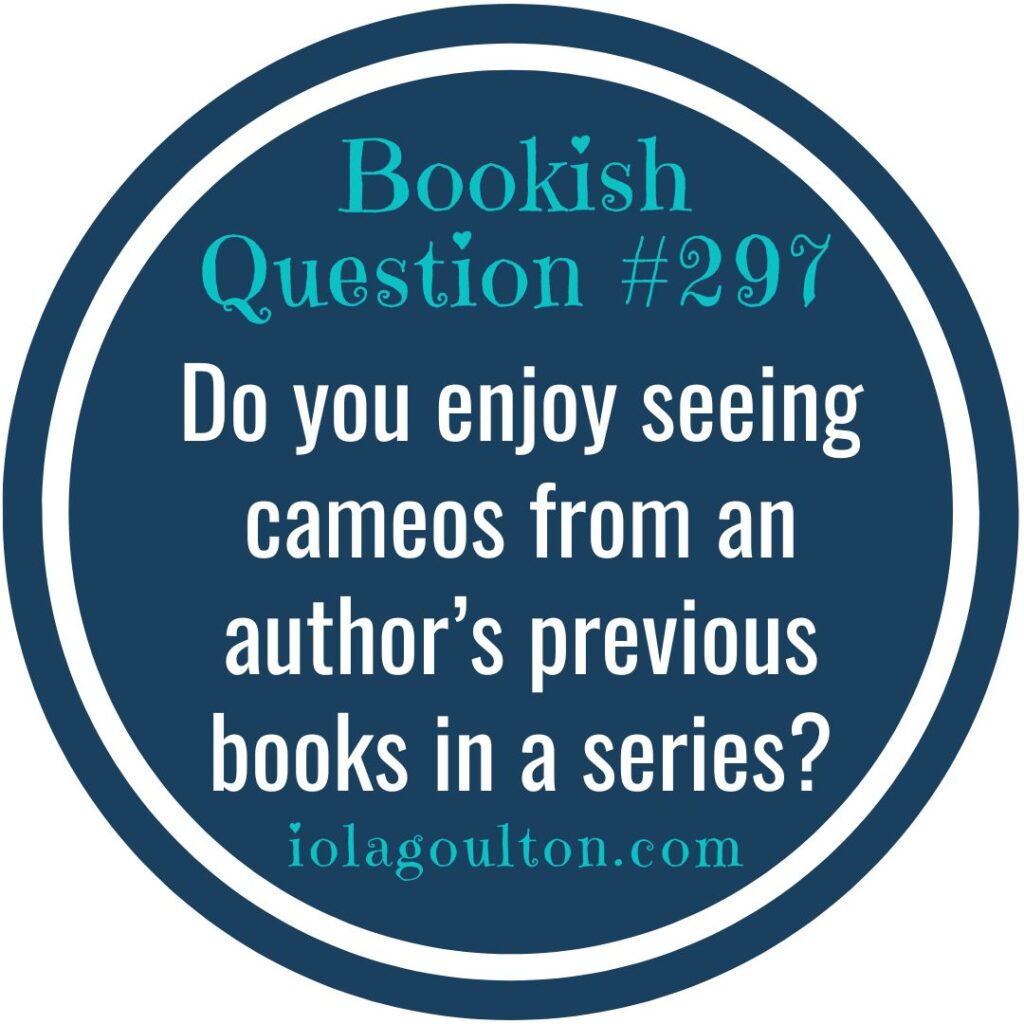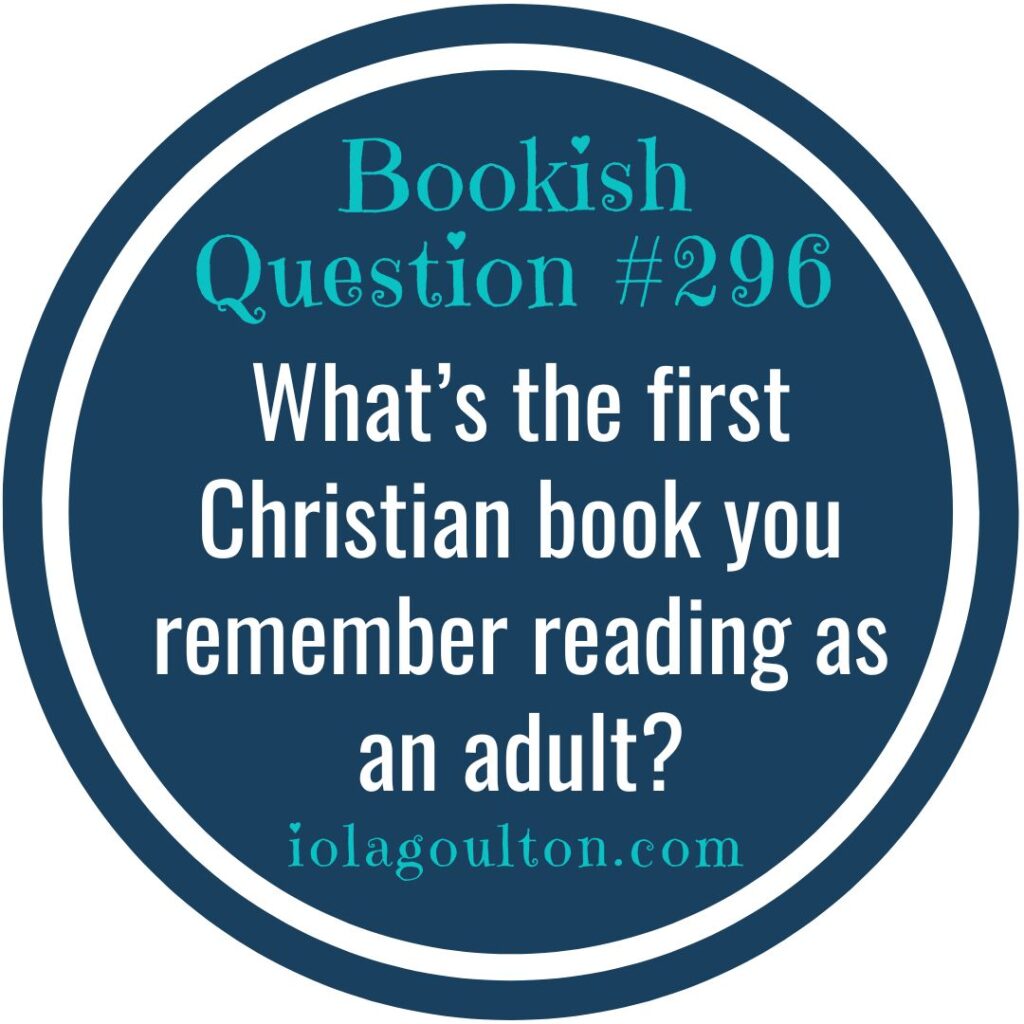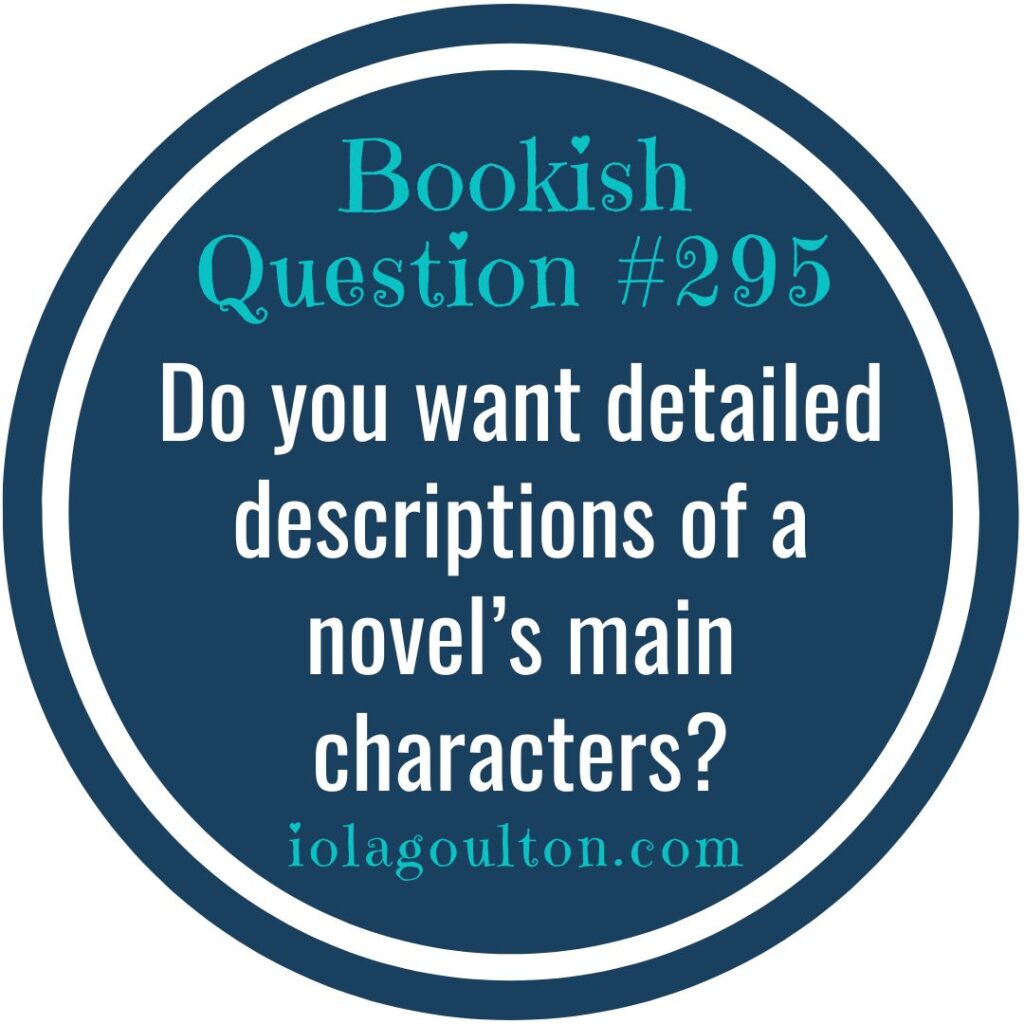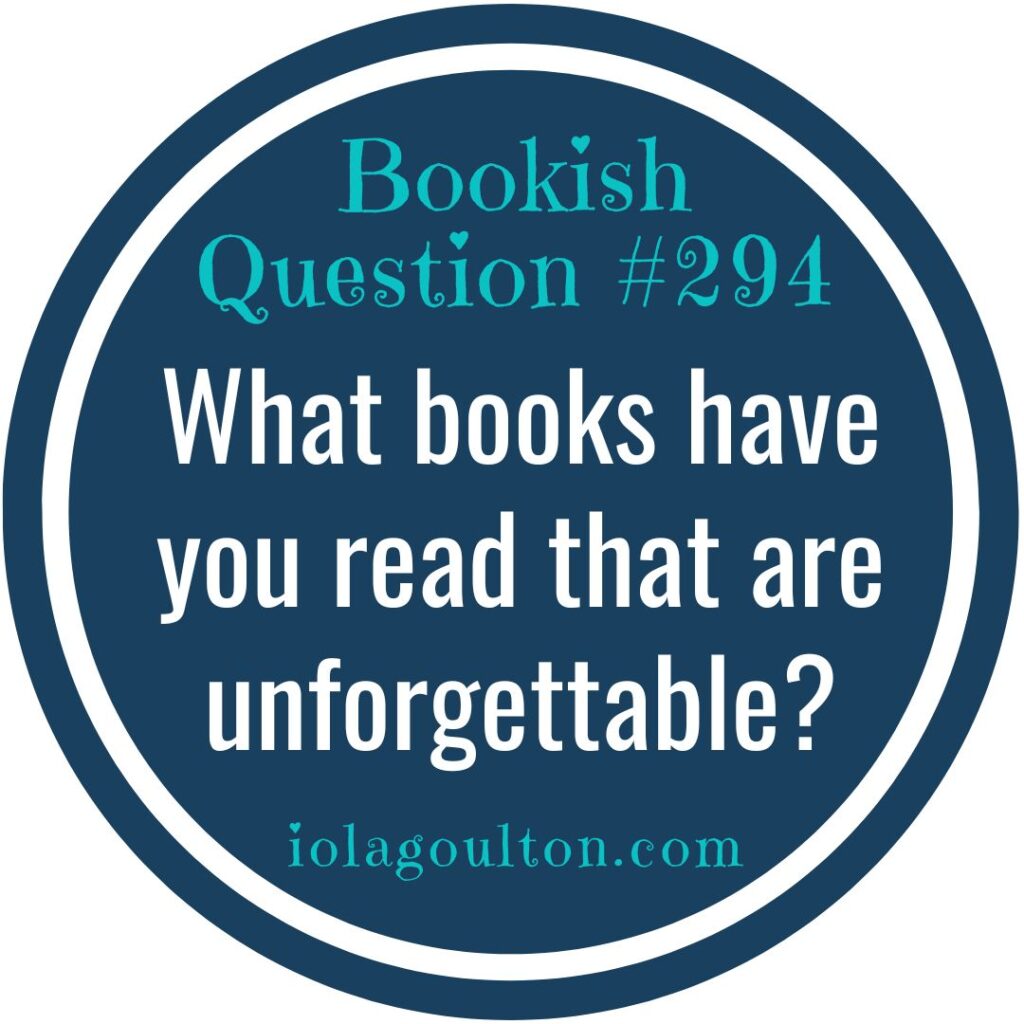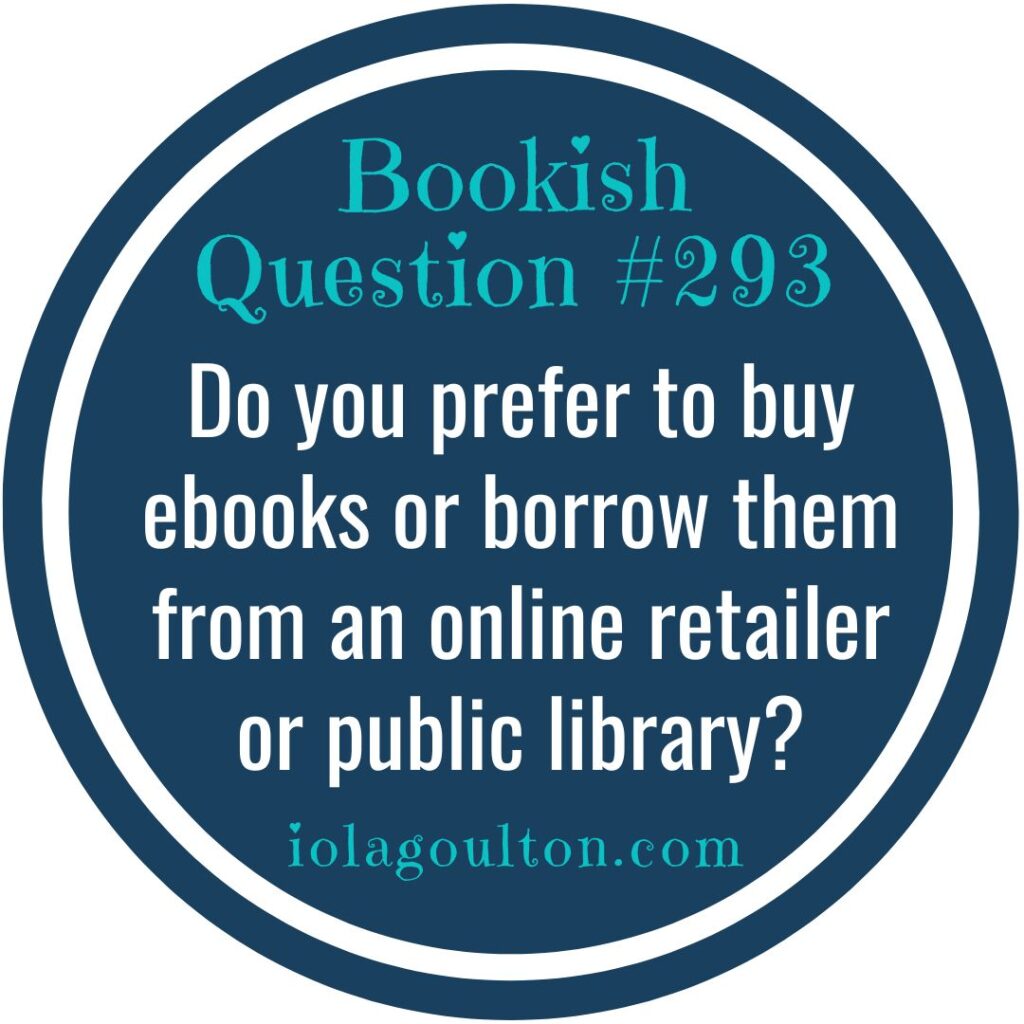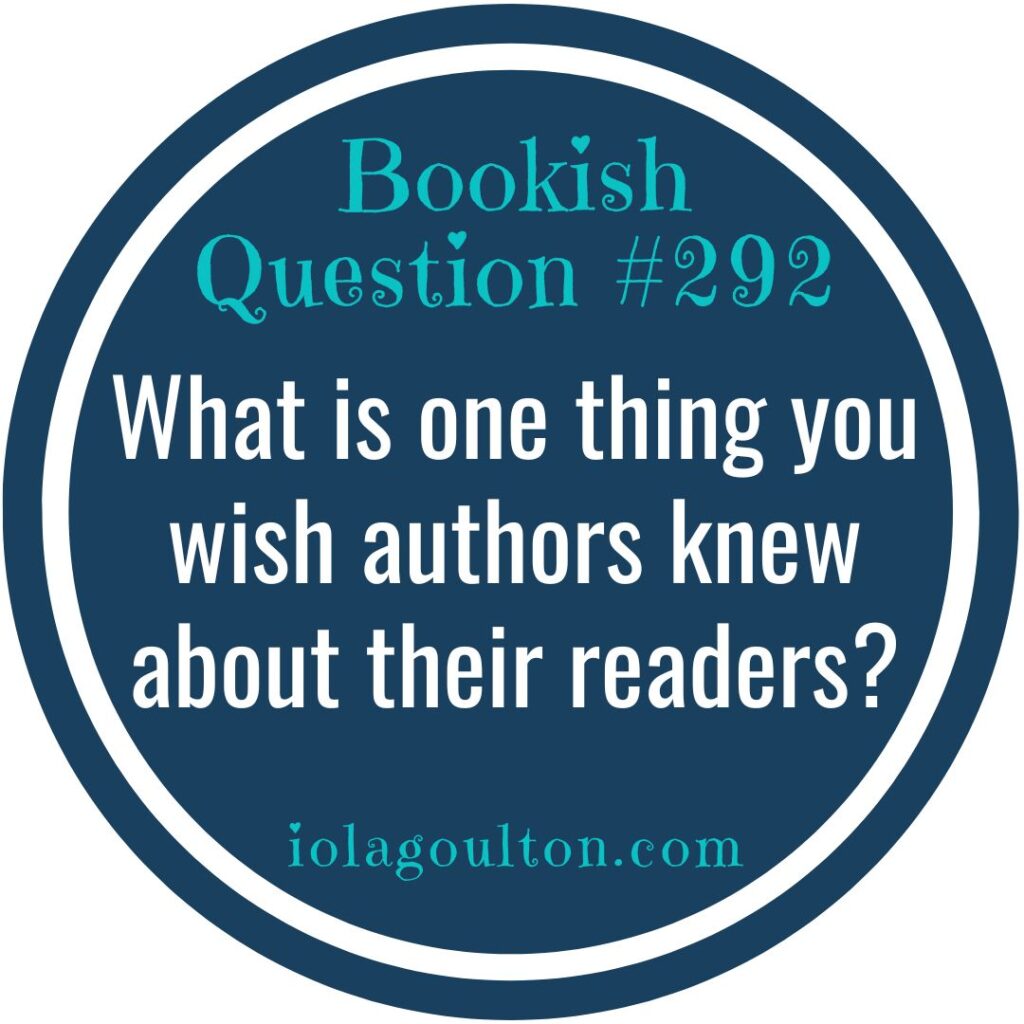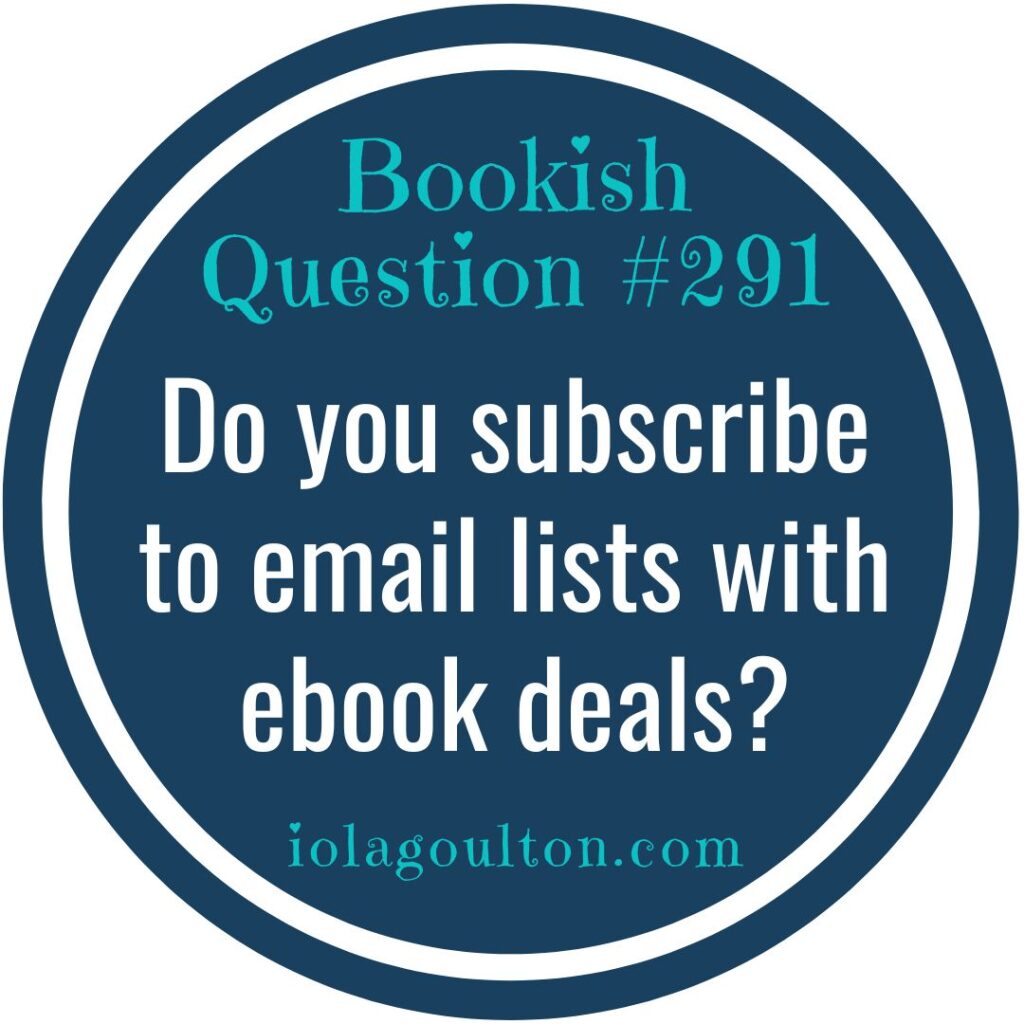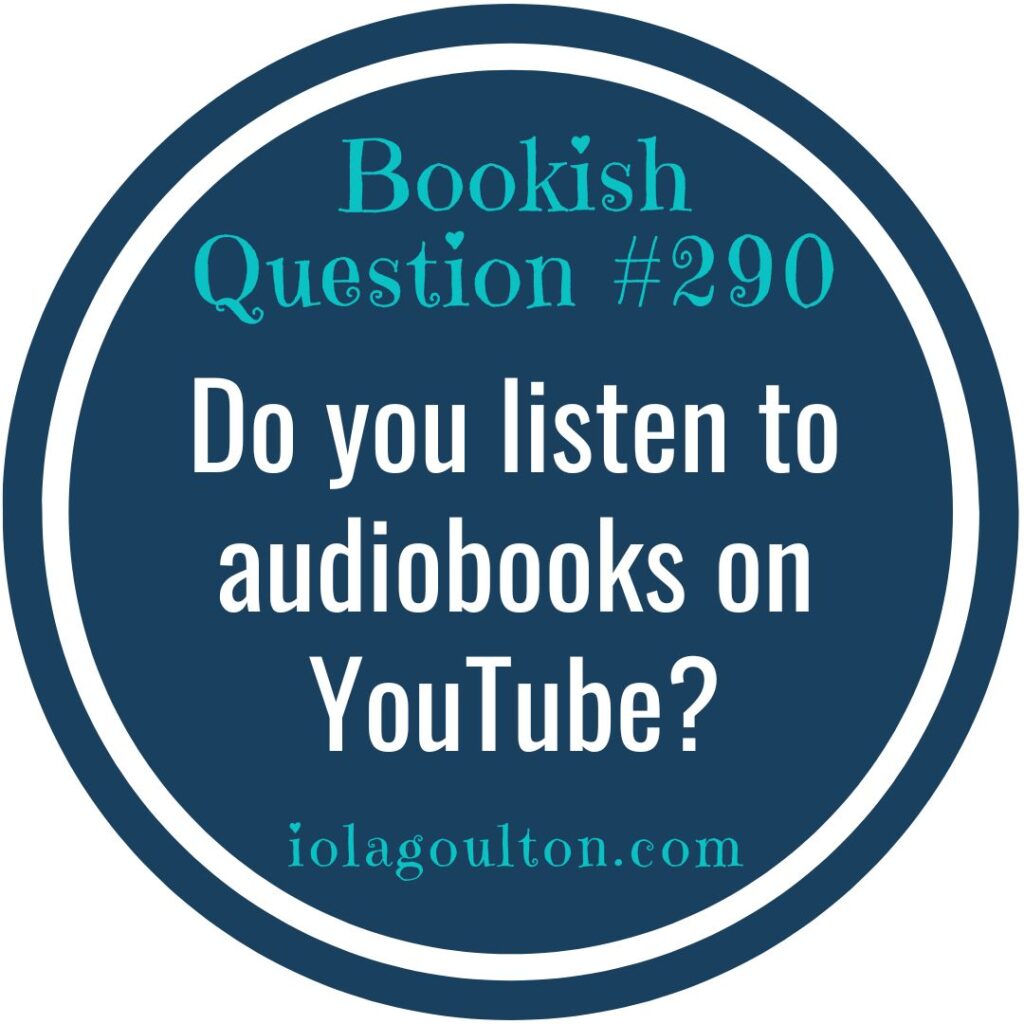Interesting question!
Let’s look at each factor separately, starting with what I think makes a compelling read:
Character
For me, story starts with character. Yes, there needs to be a plot, but I love character-driven stories. So I want to read about relatable and likeable characters.
Familiar
Fiction thrives on tropes i.e. authors using familiar plots and settings to entice readers. I’m not dissing tropes at all. I have my personal favourite tropes (and my pet hate tropes) and will often binge-read a certain trope such as billionaires or cowboys … because I find the tropes compelling and interesting.
Original
But while tropes can be a great way of hooking a reader, it can be difficult for authors to come up with an original spin on a familiar trope. If an author can find that unique hook, then I’m more likely to find the book compelling and memorable.
Writing
Interesting characters working through a familiar story with an original twist isn’t enough. The book also has to be good to read. That doesn’t mean the writing needs to be amazing – some of the most compelling and impactful novels I’ve read have had less-than-amazing writing. But the writing needs to be good enough to allow the story to shine though. And if the writing is amazing? So much the better.
What about impactful?
Lots of books are compelling when I’m reading them. But what additional elements enable a book to make that leap from merely compelling to actually impactful?
Memorable
I read a lot of books. For a book to have lasting impact, it has to be memorable for some reason (and that reason should be positive).
Inspiring
The best books should inspire me in some way. Perhaps to be a better writer, so I can write something equally impactful. Perhaps a book might inspire me to do something differently in live. Perhaps it might inspire me to think about a controversial topic from a different point of view. Perhaps it might teach me something … or inspire me to learn more about a topic.

